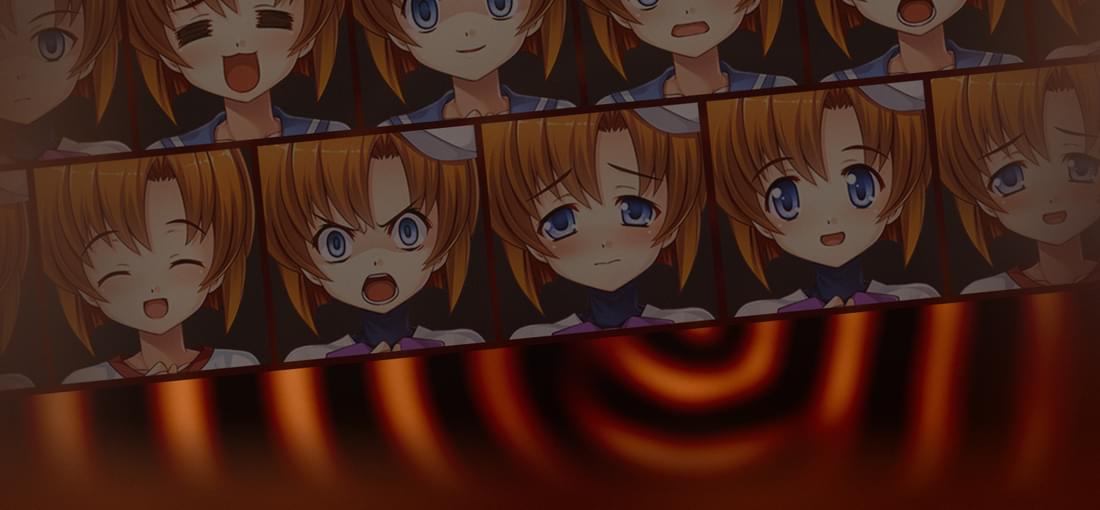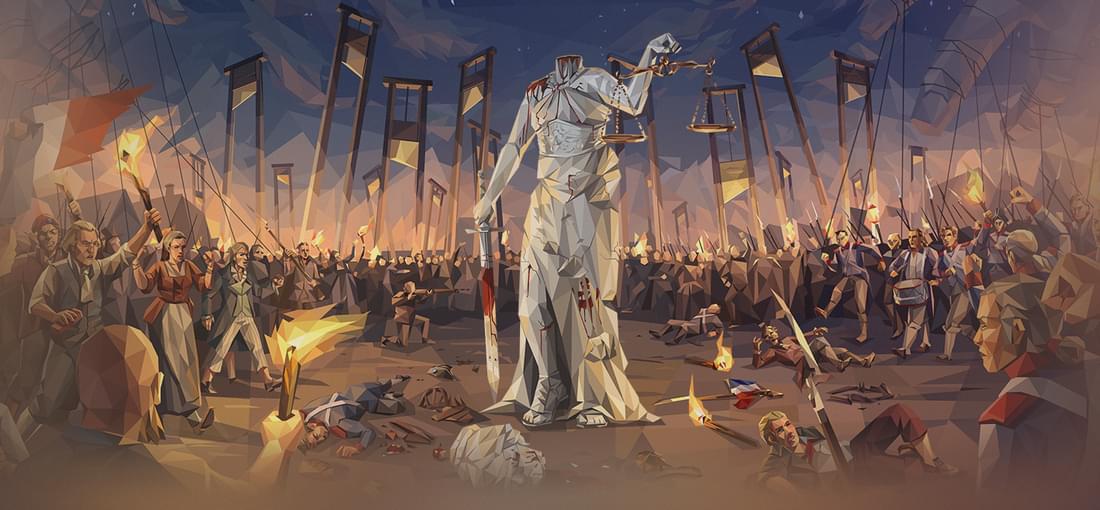


It may be a bit intimidating to see that this is one part of an eight-part series. However, this game works perfectly well as a standalone story. It doesn't rely on having other parts to continue the characters, the mystery, or anything else. This is basically the Harry Potter and the Sorcerer's/Philosopher's Stone of the Higurashi series: an enjoyable story on its own, and if you like it enough, an entry into a much larger world. Many of the other reviews have echoed how great the mystery element of the story is, and I wholeheartedly agree. The mystery had me coming back to this game for hours at a time to see how it all unfolds. There were a few particular times where certain lines of dialogue, combined with the soundtrack and the characters' facial expressions, sent chills down my spine. Other reviews have also pointed out that the story has a slow beginning, and while I somewhat agree, it is necessary to see how these characters are in their ordinary lives. Plus, the hook of the story (the mystery) gets introduced pretty quickly as well. Within the first or second in-game day, if I remember correctly. Another thing about this game's story is that, unlike most other visual novels, this story is completely linear. It wasn't a downside for me, but it may be a dealbreaker for some people who come to visual novels for some degree of agency in how the story progresses. Of the two artstyles players can pick, I chose the typical visual novel/anime style. The artwork does a good job at communicating the characters' emotions and personalities through their poses. The other option is the hand-drawn sprites by the original game's creator. It has a lot of charm, no doubt, but I found it too goofy and distracting to have on-screen during the game's serious moments. One final thing I'll note is that I initially had problems with the game running slow, as if it were being presented in a slideshow. I turned off transparency effects in the options and had no issues after that.

I was initially very positive on this game. I thought the courtroom mechanics were fun enough. True, it could be deeper, and the "associations" you have to make between the key parts of the indictment can be a bit illogical, but this is the core of the game and it is what kept me coming back to play more. Each individual trial was entertaining, as some defendants are clearly guilty, others clearly innocent, and some more dubious. I preferred to see if I could maneuver to have a just outcome without angering any of the factions too hard. Playing this way made me invested in the cases far more than just seeing whose bar goes up or down and deciding a case solely on those grounds. I also really enjoyed the intrigue system once I actually figured it out. Moving units around to gain more of those valuable influence points, one day at a time, felt satisfying. Plus the individual intrigue subplots I found interesting. Other reviews complain about your choices not affecting the story, but your choices here (and their success or not) do impact how the intrigue actually plays out. Unfortunately, these good aspects completely disappears in Act 3. Instead, the bulk of Act 3's gameplay is a sort of battle system where you prepare a group of soldiers to defend a space. There's many problems here: the game barely explains the benefits of different unit types; it explains nothing about the tactics you employ; it becomes a greater focus than the trials and replaces the intrigue system entirely; and worst of all, it's simply not fun to play. Each battle's outcome feels like it's mostly the result of RNG, which is problematic when even one loss can make the map nearly-impossible to defend. Speaking of RNG, which of the two endings you get is entirely dependent on a luck-based minigame. Even the "good" ending is unsatisfying, while the bad ending feels like a slap in the face. I wouldn't begrudge anyone if they stopped playing during Act 3 and just watched the ending online.